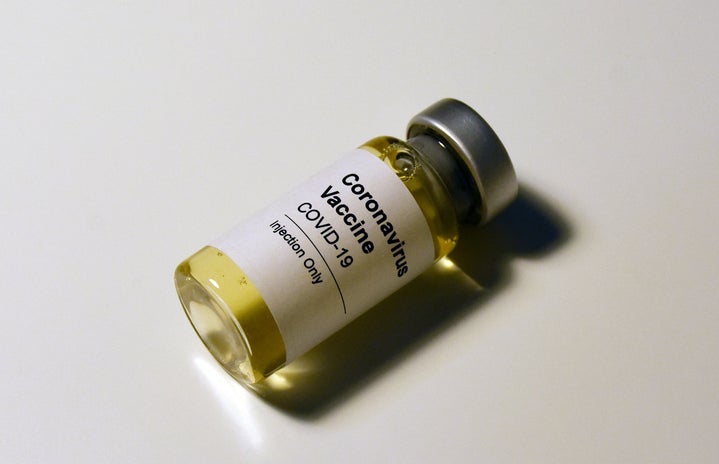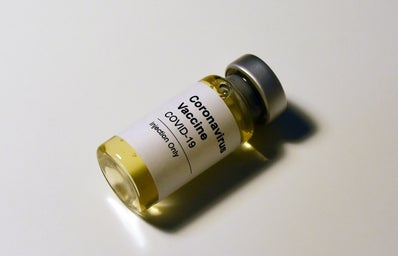We have seen the emergence of two promising vaccines developed by different drug companies. This points us towards the end of lockdown, rising covid cases, and a possible return to normal life. However, one must not be overzealous, there are several things to consider about each vaccine.
Pfizer
The first vaccine is developed by Pfizer. Preliminary results show that it is around 90% effective. It had not gone through peer-review yet, meaning this number could change. A closer look at Pfizer’s methodology shows that they determined the effectiveness of the vaccine by seeing if it stopped the symptoms of the virus. This symptom could be something as minor as a runny nose. This means that this vaccine may, in fact, not prevent the spread of Covid-19.
Second, distributing this vaccine will be hard. It requires two doses; essentially, double the vaccine stock is needed. It must be stored at -70 degrees Celsius; needless to say, many facilities do not have this capacity, especially in rural areas. Pfizer has made special freezers to keep the vaccine, but they can only be opened twice a day. In the event that these terms are not met, the vaccine will decrease in stability, rendering it useless. The distribution of the freezers has not been commented on nor have we been told the price. Canada may have the funds but other, poorer countries may not.
Moderna
The second vaccine is created by Moderna. This one has 94.5% effectiveness. This does seem better than the Pfizer vaccine. The annual flu vaccine is only between 40-60% effective, so it is rather hard to believe that there could be a number this high for both Moderna and Pfizer. Still, it is possible, but this is another preliminary report. The results from Moderna’s vaccine have also not been peer-reviewed as of the end of November 2020.
However, it does show a better method of distribution than Pfizer. It can be stored at -20 degrees Celsius; achievable without a special freezer. Seemingly, this vaccine presents much higher stability than Pfizer.
What does this mean?
As both of these vaccines are preliminary results, neither has been approved for use by the FDA (as of November 2020). Both vaccines use mRNA gene injections, an innovative vaccine that has never been approved for use in humans before. Possible long term effects of the vaccine have not been reported either.
Another thing to consider: how the vaccines will be distributed. Billions of people around the world need to be inoculated and it has not been stated how fast these vaccines can be manufactured. The most likely case is that there will not be enough made for everyone to get the first supply. Governments will have to determine which group gets it first: the immune-compromised, the elderly, the children in school, etc. Prime Minister Trudeau also urged Canadians to wait for more studies to confirm the vaccine’s safety.
There is hope, but we will have to be patient. In the meantime, wear a mask and social distance.



